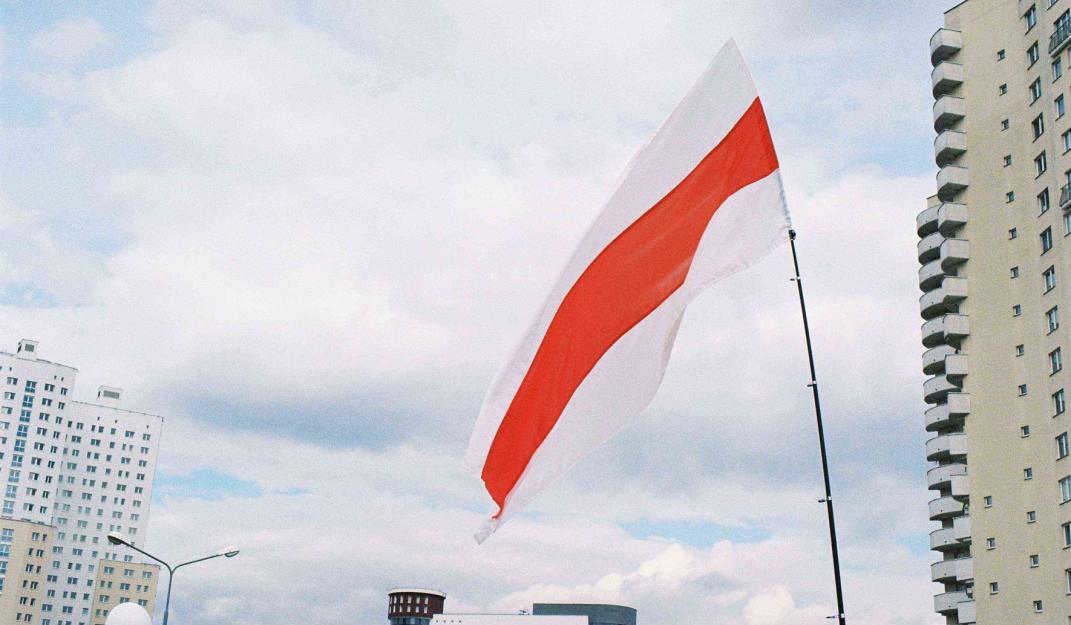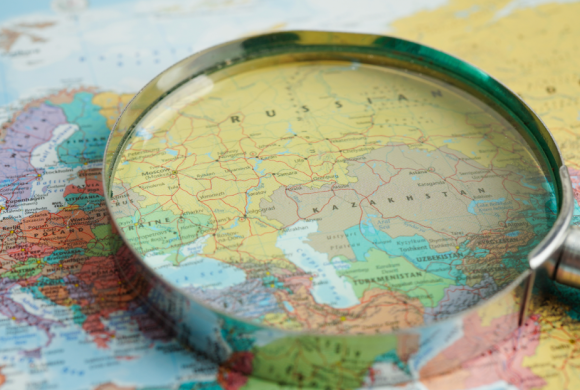“Beyond Politics?” – The Belorussian Orthodox Church and the Challenge of Civil Society

There is now more than a month of protest in Belarus. The longer the protests, which erupted after the evidently faked elections of August 9, 2020, the more virulent becomes the question of how further, and what might be next. Protesters seem yet to agree, that this is another post-soviet story. At times one could witness the performing of songs from the perestroika era and the immediate post-soviet period of the 1990s (the poet Victor Zoi, the rock band “kino”), and the regime of president Lukashenko more than once had been labelled as Europe’s last dictatorship, the last bastion of Soviet paternalism, and a buffer state between the spheres of Russia and the West. But as the former optimism of political analysts of a quasi-automatic transition from Soviet rule towards liberal democracy, widespread in the 1990s, has meanwhile disappeared, there is now also a growing uncertainty among Belorussian protesters about the future form into which state and society would be supposed to develop. The geopolitical situation between Europe and Russia, to put it stereotypically, adds to the difficulties.
Read the full article here.




